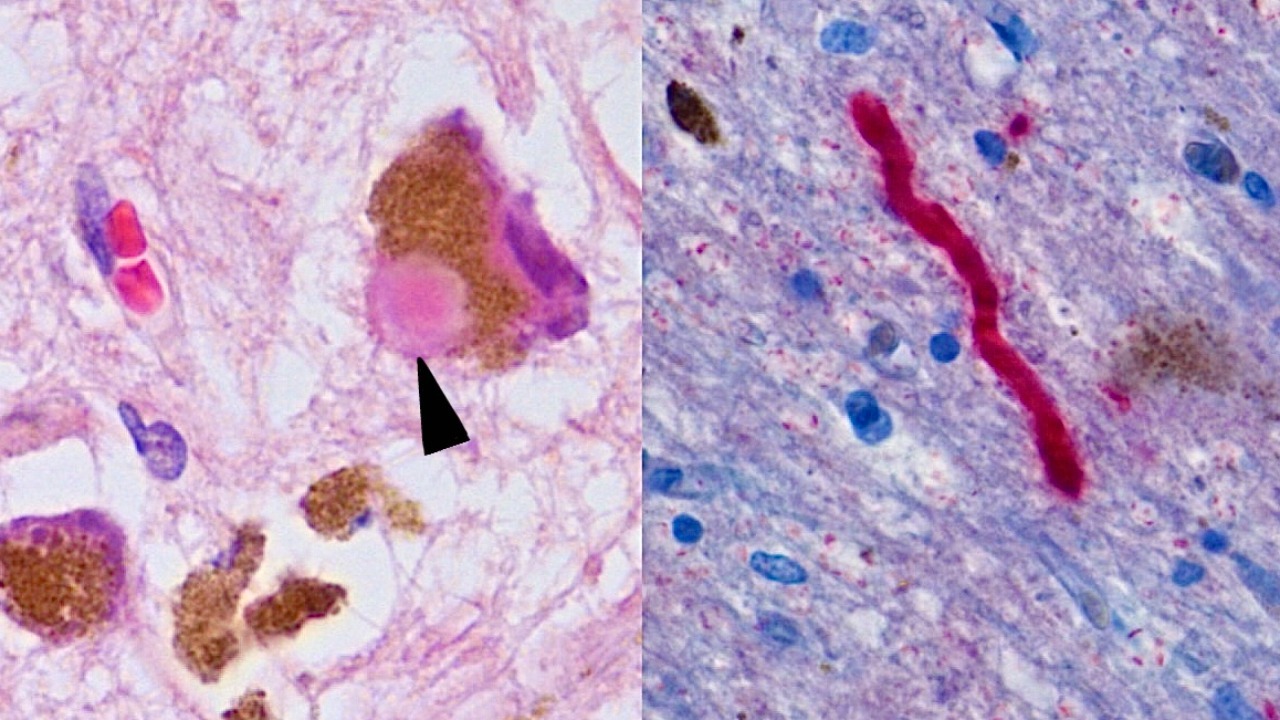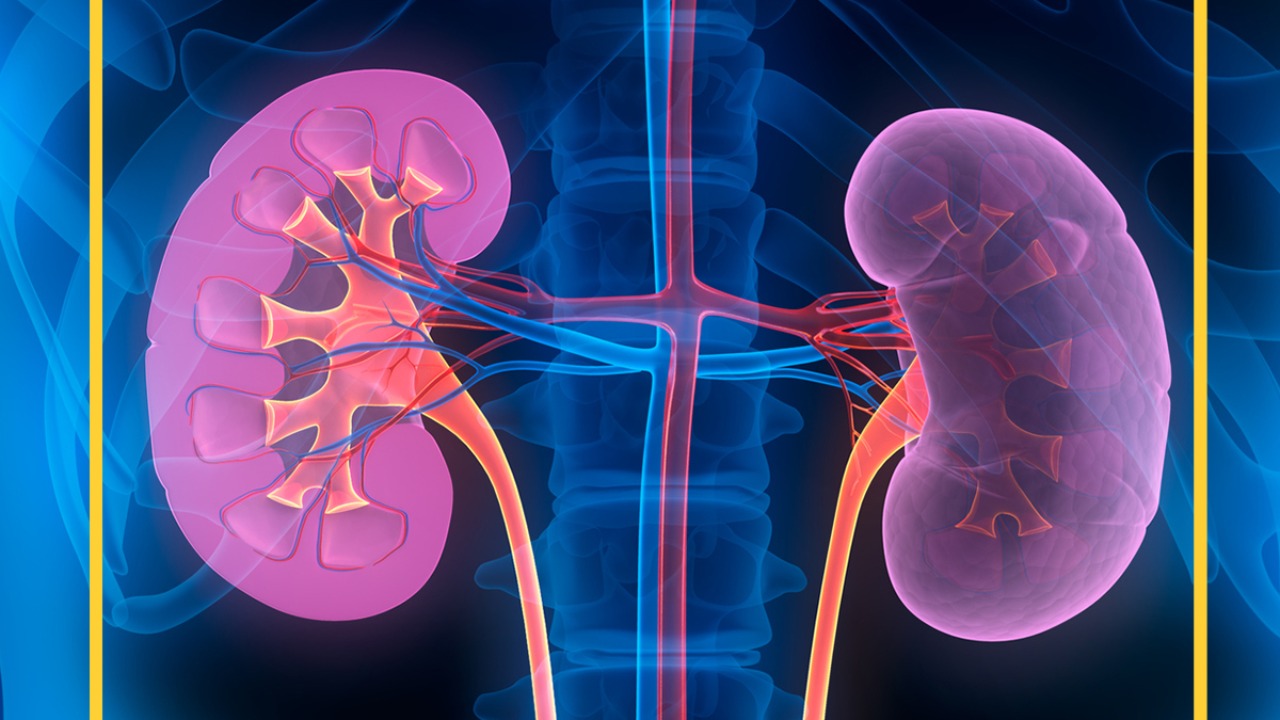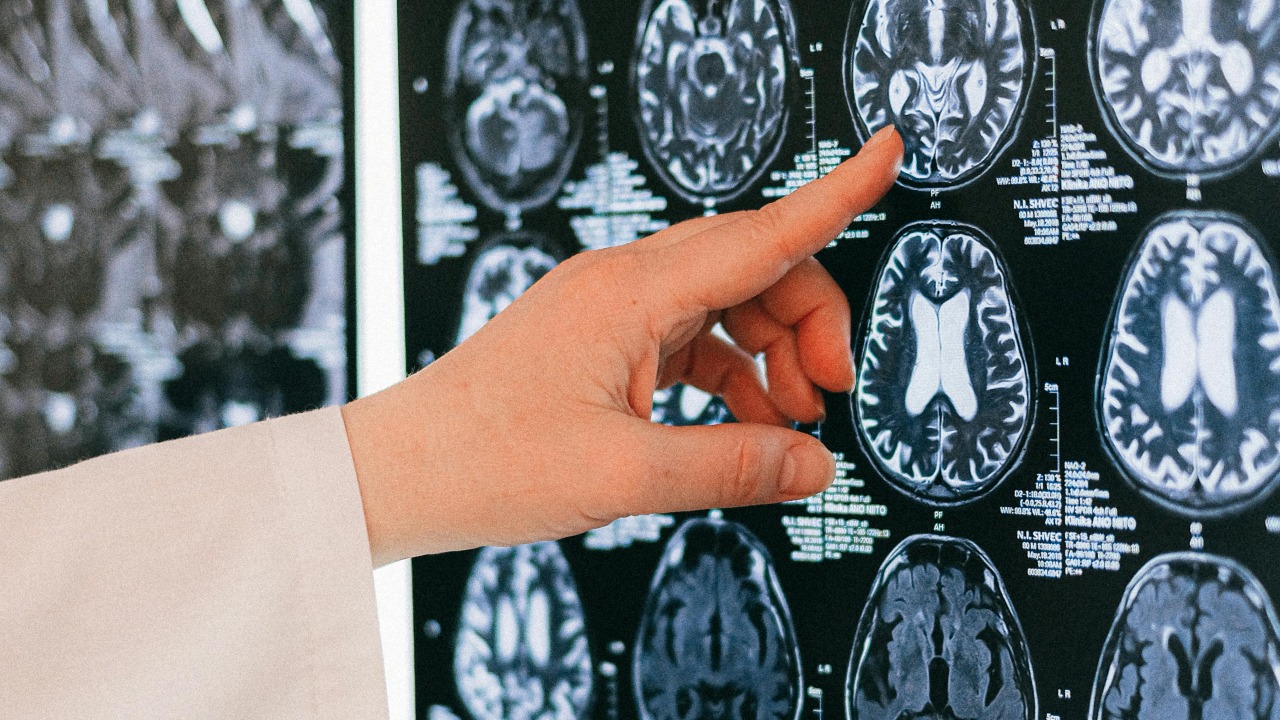
Recent research from Wuhan University challenges the conventional understanding of Parkinson’s disease, suggesting that the kidneys, rather than the brain, may be the initial site of dysfunction. This groundbreaking study opens new avenues for early diagnosis and treatment strategies, potentially transforming the management of Parkinson’s disease.
Understanding Parkinson’s Disease

Traditionally, Parkinson’s disease has been viewed as a neurodegenerative disorder originating in the brain. It primarily affects the motor system, which is controlled by neurons in the brain. The disease is characterized by the death of dopamine-producing cells in a region known as the substantia nigra. This loss leads to a range of motor symptoms and, over time, can also impact cognitive functions. For decades, researchers have focused on the brain as the primary site of origin, directing most diagnostic and therapeutic efforts toward understanding and treating brain dysfunctions.
The symptoms of Parkinson’s disease typically include tremors, bradykinesia, rigidity, and postural instability. These symptoms have been historically linked to brain dysfunction, particularly the diminished production of dopamine. As the disease progresses, patients may experience a range of non-motor symptoms, such as depression, sleep disturbances, and autonomic dysfunctions. Current treatment approaches aim to manage these symptoms, primarily through medications that increase dopamine levels or mimic its effects, such as Levodopa. Other treatments include deep brain stimulation and various forms of therapy aimed at improving quality of life.
The Surprising Role of the Kidneys

The study findings from Wuhan University present a fascinating new perspective on the origins of Parkinson’s disease. Using a combination of epidemiological studies and laboratory experiments, the researchers have found evidence suggesting that kidney dysfunction may precede the onset of Parkinson’s symptoms. This challenges the long-standing belief that the disease starts in the brain, suggesting instead that it might begin with renal complications. The study employed advanced imaging techniques and biochemical assays to track changes in kidney function and correlate these with early signs of Parkinson’s.
Biologically, the mechanisms by which kidney dysfunction could contribute to Parkinson’s are still being explored. One hypothesis is that impaired kidney function leads to the accumulation of toxins in the blood, which can then affect other organs, including the brain. This is known as the “gut-brain-kidney axis,” where each organ system can influence the others. The kidneys play a crucial role in filtering waste from the blood, and their dysfunction could lead to an increased burden of toxic metabolites, which might contribute to neurodegeneration. This new understanding could significantly impact the way we diagnose Parkinson’s, allowing for earlier detection through renal biomarkers.
Potential Impact on Treatment Strategies

If the kidney hypothesis proves to be correct, it could lead to a major shift in how Parkinson’s disease is treated. Current therapies that focus primarily on managing brain health might be complemented or even replaced by strategies aimed at maintaining kidney function. This could involve the development of new medications or interventions specifically targeting renal health, potentially slowing or preventing the progression of the disease. Such a shift would require a reevaluation of existing treatment protocols and could open up a range of new therapeutic possibilities.
Preventive measures may also come to the forefront if kidney health is indeed linked to Parkinson’s. Lifestyle changes such as dietary modifications, increased hydration, and regular monitoring of kidney function could become part of standard preventive strategies. These changes would aim to maintain optimal kidney health, thereby reducing the risk or delaying the onset of Parkinson’s symptoms. However, there are significant challenges in adopting this new paradigm. Further research is needed to confirm the findings and explore the complex interactions between the kidneys and the brain. Additionally, healthcare systems would need to adapt to incorporate these new approaches into standard care.
Scientific Community’s Response

The scientific community has responded with a mix of excitement and caution to the findings from Wuhan University. Many neurologists and researchers have expressed interest in the potential implications of the study, recognizing its transformative potential. Experts have noted that this research could spur a reevaluation of the biological pathways involved in Parkinson’s and might lead to a broader understanding of the disease’s etiology. However, they also emphasize the need for further studies to validate the results and explore the underlying mechanisms in greater detail.
Several ongoing research projects are now investigating the connection between kidney health and Parkinson’s disease. These studies aim to replicate the findings of the Wuhan University study and explore the broader implications for other neurodegenerative diseases. There is a growing recognition of the importance of integrative research approaches that consider the interconnectedness of different body systems. Despite the enthusiasm, some criticisms and counterarguments have been raised, with skeptics pointing out that more evidence is needed to establish a causal link between kidney dysfunction and Parkinson’s.
Broader Implications for Neurodegenerative Diseases

The discovery that kidney dysfunction might play a role in Parkinson’s disease has broader implications for how we understand other neurodegenerative conditions. It suggests that researchers might need to rethink the origins of these diseases, considering the possibility that they might begin outside the brain. This could lead to new insights into conditions like Alzheimer’s disease, ALS, and Huntington’s disease, potentially revealing new targets for therapeutic intervention.
Integrative research approaches that consider the whole body as an interconnected system are becoming increasingly important. The findings from Wuhan University highlight the need for a more holistic view of disease research, where multiple organ systems are studied together. This could lead to a more comprehensive understanding of neurodegenerative diseases and the development of more effective treatment strategies. The future outlook for medical research is promising, with the potential to change the landscape of how these conditions are understood and managed.